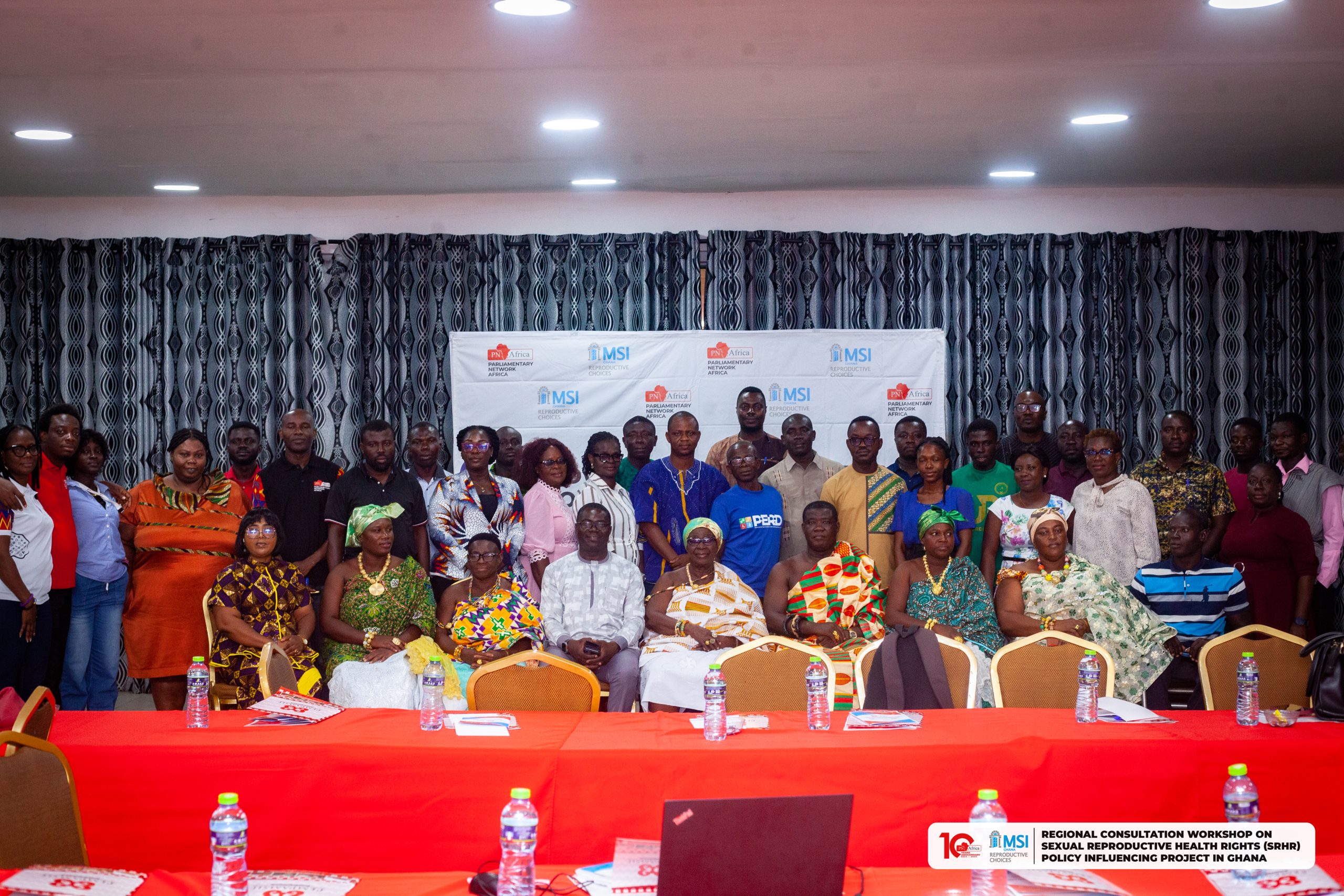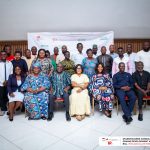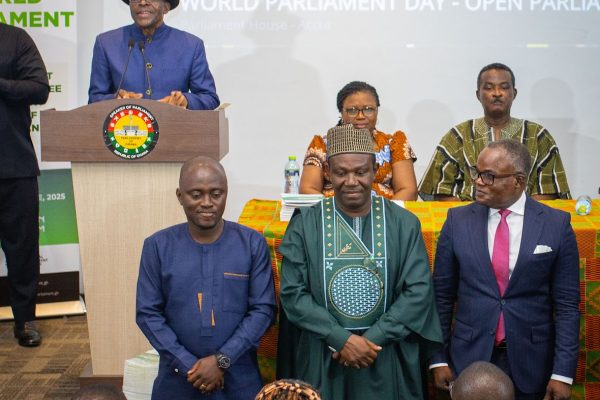Cape Coast, Ghana – April 30, 2025 – The Parliamentary Network Africa (PNAfrica), in partnership with Marie Stopes International Ghana (MSI-Ghana), has successfully held its second Regional Consultation Workshop on Sexual and Reproductive Health Rights (SRHR) in the Central Region. This initiative is part of a broader policy-influencing project aimed at strengthening SRHR systems in Ghana.
Following a similar workshop in the Eastern Region, the Central Regional session brought together key stakeholders from government, civil society, media, and local authorities to deliberate on ways to enhance institutional and policy-level support for SRHR. The event was held under the theme: “Empowering Champions for Reproductive Health: Influencing Policy through Education and Supportive Environments (ECHOES).”
Participants included representatives from the Central Regional Coordinating Council, the Department of Gender, local government agencies, civil society organizations, and the media.

In his welcome address, Mr. Gilbert Borketey Boyefio, Programmes Manager at PNAfrica, commended Ghana’s progress on SRHR but highlighted persistent challenges such as limited budgetary allocations, ideological resistance, and weak inter-sectoral coordination.
“To address these challenges, coordinated action is crucial. Policy implementation at the district and community levels is often inconsistent or uncoordinated, undermining national commitments,” he noted.

In his welcome address, Mr. Gilbert Borketey Boyefio, Programmes Manager at PNAfrica, commended Ghana’s progress on SRHR but highlighted persistent challenges such as limited budgetary allocations, ideological resistance, and weak inter-sectoral coordination.
“To address these challenges, coordinated action is crucial. Policy implementation at the district and community levels is often inconsistent or uncoordinated, undermining national commitments,” he noted.
Delivering the opening remarks, Ms. Clara Nyakoa Anim, Director of Programmes and Operations at MSI-Ghana, emphasized that reproductive health intersects with broader development issues such as education, gender equality, and economic empowerment.
“When girls remain in school, when women have access to family planning, and when young people are equipped with comprehensive sexuality education, the benefits ripple outward—transforming lives, families, communities, and ultimately our nation,” she said.

In his keynote address, Mr. Bless Kwame Darkey, Chief Director at the Central Regional Coordinating Council, reiterated the importance of SRHR and called for stronger support in implementing the government’s Reproductive, Maternal, Newborn, Child, Adolescent Health and Nutrition (REMCAHN) strategic plan (2020–2025).
“This plan aims to ensure that all individuals in Ghana have timely access to high-quality sexual and reproductive health services throughout their life course. Key interventions focus on equity and accessibility, especially for vulnerable populations such as adolescents, rural communities, and low-income groups,” he explained.

Ghana’s commitment to advancing SRHR is evident in its alignment with international and regional frameworks, including the Maputo Protocol, the AU Charter on the Rights and Welfare of the Child, and the UN Convention on the Rights of the Child. Domestically, legal instruments such as the 1992 Constitution, the Children’s Act (1998), the Adolescent Reproductive Health Policy (2000), and the Sexual and Reproductive Health Policy (2020) provide a robust foundation for promoting SRHR.

However, stakeholders acknowledged that implementation gaps remain, largely due to cultural norms, political sensitivities, and competing policy priorities. To close these gaps, the workshop emphasized the need for cohesive efforts across Ministries, Departments, and Agencies (MDAs), particularly Health, Education, Gender, Local Government, and their respective regional departments.
The event concluded with a call to action for stronger political leadership, inter-sectoral collaboration, and sustained advocacy to ensure equitable access to sexual and reproductive health services for all Ghanaians, especially the most vulnerable.
Source: Clement Akoloh || Parliamentary Network Africa





